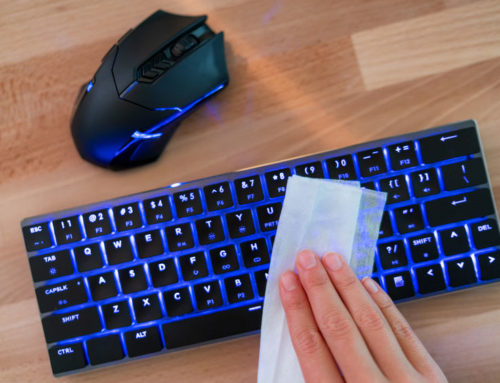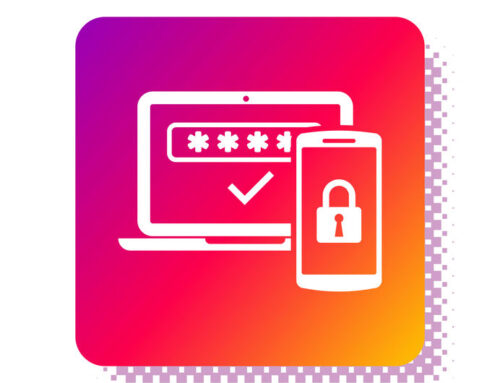 We have written previously about password protection and how to keep your password secure and also how to make use of password managers, which are very useful for home and business. There has also been a lot of buzz recently around alternatives to passwords for securing your data and new methods of providing an additional layer of protection in addition to passwords.
We have written previously about password protection and how to keep your password secure and also how to make use of password managers, which are very useful for home and business. There has also been a lot of buzz recently around alternatives to passwords for securing your data and new methods of providing an additional layer of protection in addition to passwords.
A recent WSJ article (September 16, 2013, “Stay Secure without Passwords”) cited a few up and coming solutions that are worth a look. Fingerprints are already in use in some laptops and smartphones and other biometric means, such as voice and face recognition, are viable options in the near future for smartphones. The new iPhone has a fingerprint sensor and the new Windows 8.1 OS will also have the ability for biometric (fingerprint) authentication.
Google is experimenting with a hardware token, which generates temporary passwords. This token could look somewhat like a key. The new feature to this is that you do not have to read the password off of the token and retype it, rather the token can be plugged into a USB port or you can touch it on a mobile device. This uses “near-field communication” as the WSJ states, a technology that enables electronic devices to communicate by physical contact. Google is testing the device with its employees and plans to make it available to customers next year. Customers will be able to use it to log into Gmail and other Google accounts.
Mobile devices appear to be leading the new innovations in security. Since more and more employees use their mobile devices at work (and for work), employers will be able to use the advantage of biometrics as a means to securing company data. It also is more cost-effective.
The Atlantic Wire also wrote on the future of passwords this year (“What the Future Without Passwords Will Look Like”) and came to the conclusion that passwords will not disappear, they just will not be the sole means of security. As futuristic as it may sound, our devices in the future, through biometrics, etc., will be able to know who we are. In the meantime, it is crucial to keep passwords secure by managers and changing passwords often, in addition to making use of the new avenues that biometrics is offering us.
For more future technology predictions, you might want to revisit our book review of The New Digital Age and read the book for fascinating insights into what the future may look like!





